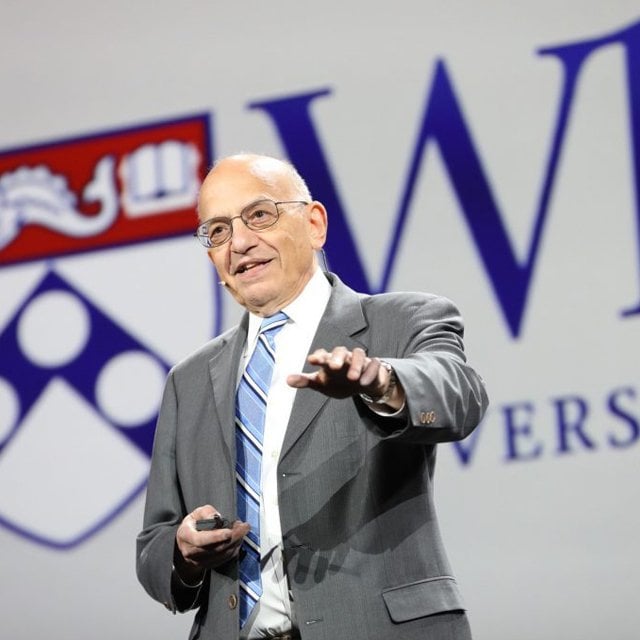Siegel, Sonnenfeld: Fed 'Shrapnel' Killed Silicon Valley Bank

What You Need to Know
The SVB crisis shows the Fed went too far in oversteering economy, write the Wharton professor, Yale professor Jeffrey Sonnenfeld and Yale
The Fed might steer the economy off a cliff, the academics warn.
The Fed should focus on non-monetary policy actions instead of rate hikes, they write.
Wharton economist Jeremy Siegel, who has sharply criticized the Federal Reserve’s aggressive steps to address inflation, considers the central bank a key catalyst, albeit not the only one, in Silicon Valley Bank’s collapse.
“Sure, there were some missteps by Silicon Valley Bank executives — they thought they were making the most prudent investments in U.S. Treasuries, the gold standard of risk-free investments, only to see Treasuries prices plummet with rising rates,” the emeritus finance professor said in a Fortune opinion piece co-written with Jeffrey Sonnenfeld and Steven Tian of the Yale School of Management.
“More perplexingly, they ostensibly had 3% more capital reserves than required yet they were still needlessly alarmist in announcing additional capital raises, sparking a fear-driven stampede through their own ham-handed execution. But they only pulled the fire alarm because somebody lit a match. Who was it that lit that match?” Siegel and his co-authors asked.
“Make no mistake about one of the prime reasons for SVB’s implosion,” they wrote. ”Fed shrapnel killed this bank and may send the economy into recession in the process.
“We have been warning for months that the Fed is oversteering the economy, but this crisis is more evidence that the Fed has gone too far and might steer the economy not just off the highway but right off a cliff.”
They called on the Fed to pause further rate hikes when the central bankers meet later this month, as “it needs to realize that it has now oversteered the economy to the precipice.”
Even after SVB’s collapse, some economists continue to call for the Fed to raise interest rates by 50 basis points, which Siegel and his co-authors called reckless.




